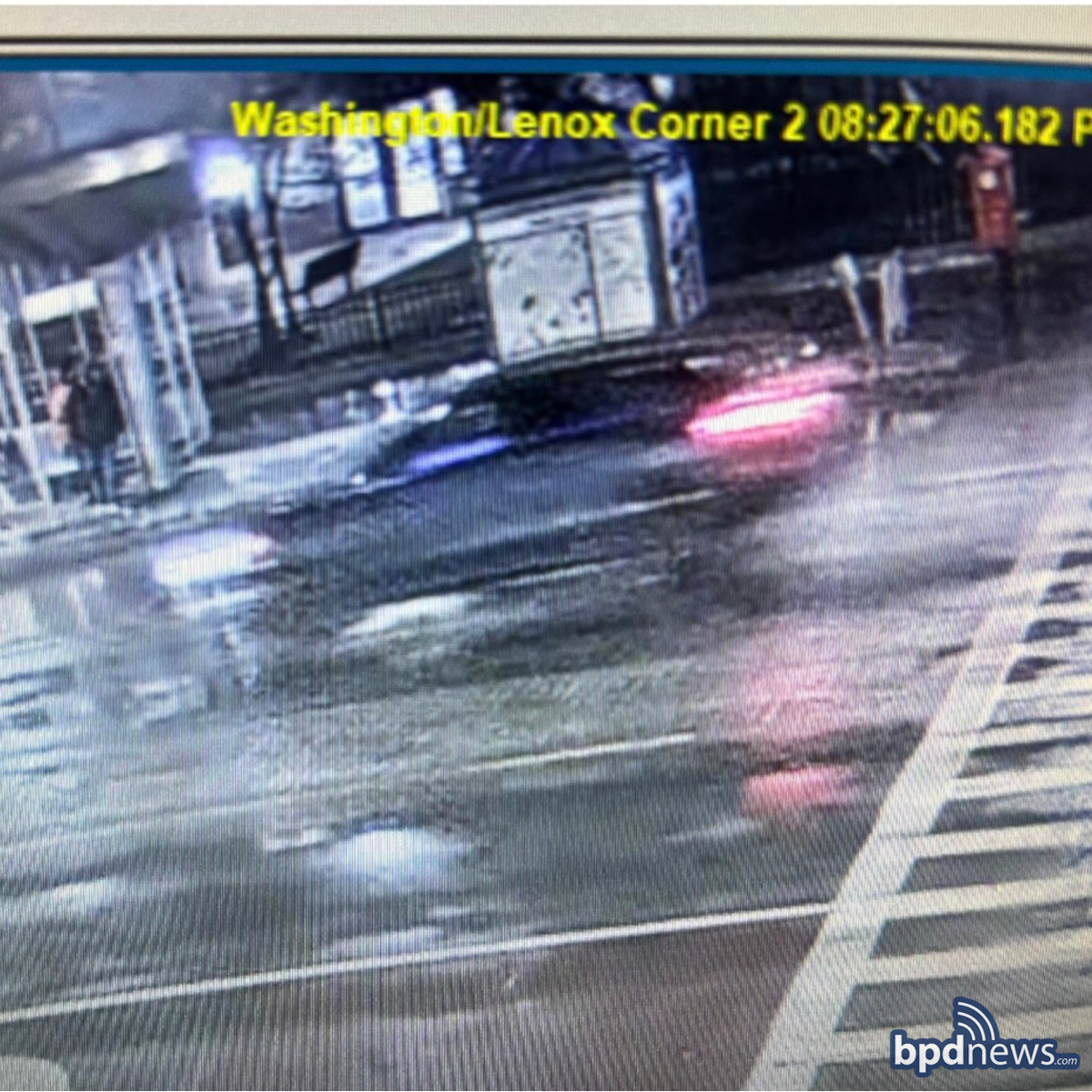Gov. Charlie Baker said the recent uptick in coronavirus cases in Massachusetts can be blamed on clusters, and he plans to tackle them with more testing.
Gov. Charlie Baker said Monday that two identified coronavirus clusters are contributing to a recent rise in COVID-19 cases in Massachusetts.
Nearly 500 new cases of COVID-19 were confirmed in Massachusetts over the weekend and the percentage of tests that come back positive for the coronavirus is rising.
Get top local stories in Boston delivered to you every morning. Sign up for NBC Boston's News Headlines newsletter.
Baker said the positive test rate has "ticked up" from about 1.7% to 2%, but he's not concerned enough at this point to ratchet back the state's reopening plan. He said some of the new cases are likely the result of coronavirus clusters on Cape Cod and at Baystate Medical Center in Springfield, along with increased mobility as a result of the reopening combined with the recent stretch of warm weather.
"Right now we are aware of some small clusters associated with gatherings," the governor said.
The first was a private house party of 30 to 50 people who work in the restaurant industry in Chatham on July 12 where 13 of the attendees wound up testing positive for the coronavirus. People at the party reportedly weren't wearing masks.
Local
In-depth news coverage of the Greater Boston Area.
The second involved an employee of Baystate Medical Center who traveled to a state that is a hot spot for coronavirus and upon his return did not wear a mask. Twenty-three employees and 13 patients have tested positive for COVID-19 as a result.
"We can also assume there's a lot more mobility out there," Baker said. "Some related to the reopening of business, some of it is also just people being out and about. It's warm out. People, generally speaking, are in more contact with people now than they were in April, May and even June."
He said the public health data "continues to be stable," but reiterated that residents need to continue to do their part by wearing face coverings, social distancing and practicing good hygiene.
"If we let our guard down, COVID will take advantage of that," Baker said. "The virus will not take the summer off, and neither can we."
Also on Monday, the governor announced round two of the state's "Stop the Spread" testing initiative. The first round of the free testing program focused on communities with a higher than average rate of coronavirus, including Chelsea, Everett, Fall River, Lawrence, Lowell, Lynn, Marlborough and New Bedford.
Those testing sites will remain open through mid-August, but Baker said the program is now being expanded to eight more cities and towns, including Agawam, Brockton, Methuen, Randolph, Revere, Springfield, Taunton and Worcester.
Baker said anyone looking to get tested can go to mass.gov/stopthespread to find a testing site.
"As we prepare for fall and ramp up stricter travel restrictions, more testing will be a pillar of the state's COVID-19 prevention strategy," he said.
On Friday, Baker issued a new mandatory travel order effective Aug. 1 requiring all visitors and residents returning to the state from high-risk areas, including students, to quarantine for 14 days or produce a recent negative COVID-19 test result.
The fine for violating this order is $500 a day, he said.
"We're not going to be stopping cars, but we're going to expect people to comply," Baker said.
States considered lower risk and not included in the travel order include New York, New Jersey, Connecticut, Maine, Rhode Island, Vermont, New Hampshire and Hawaii. That list is subject to change based on public health data.
The order comes at the height of the summer tourist season and not long before tens of thousands of college students typically flock to the state for the start of fall classes.
There are exemptions for people simply passing through the state, for people who commute across state lines for work, and for people traveling to Massachusetts for medical treatment or to comply with military orders.
Travelers and residents returning home must fill out a “Massachusetts Travel Form” that includes their contact information.
The executive order is the result of an uptick in road traffic and airport traffic, including flights from hot spots Florida and California, state Transportation Secretary Stephanie Pollack said.
The Massachusetts Department of Public Health has now confirmed 8,310 deaths and 108,380 cases of COVID-19 since the outbreak began.
The number of new deaths was higher than the daily average of the previous seven days, which stood at nearly 13. The number of new cases was higher than the daily average of the past week, which stood at around 206.



